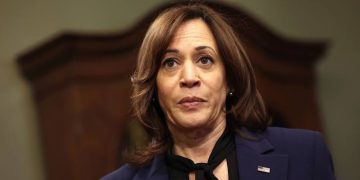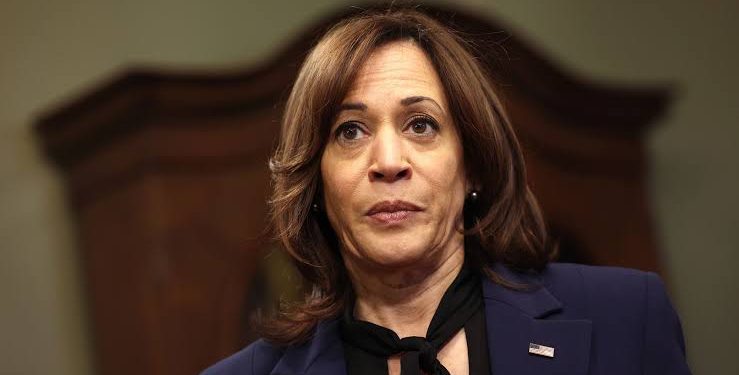By Enyichukwu Enemanna
The Vice President of the United States, Kamala Harris, is expected to spend at least one week in her proposed visit to Africa at the end of March in an effort to deepen ties with the continent, as squabble to court the 54-nation continent by global powers continues.
“The trip will strengthen the United States’ partnerships throughout Africa and advance our shared efforts on security and economic prosperity,” a statement from the vice president’s spokesperson, Kirsten Allen said on Monday.
The vice president’s proposed visit comes weeks after the first lady Jill Biden and Treasury Secretary Janet Yellen visited the continent battling drought, food insecurity and inflation, largely connected to the war between Russia and Ukraine.
Also this week, the Secretary of State Antony Blinken is expected to be in Africa while President Joe Biden will later in the year visit the continent.
However, Harris will be closely watched as the first Black vice president in US history and the first woman to hold the position.
She plans to be in Ghana from March 26 to 29, then in Tanzania from March 29 to 31. Her final stop is Zambia, on March 31 and April 1.
Harris has a personal connection to the third country on her itinerary. Her maternal grandfather worked in Zambia years ago, and she visited him there as a young girl.
The spokesperson said the vice president’s agenda will include promoting democracy, climate adaptation, women’s economic empowerment and food security.
Apart from meeting the presidents of each of the three countries she’s visiting, Harris plans to talk with “young leaders, business representatives, entrepreneurs, and members of the African Diaspora,” Allen said.
The White House’s outreach to the continent began with the US-Africa Leaders Summit, which it hosted in December. China has invested heavily in Africa, but Washington is pitching itself as a better partner than Beijing.
“Our administration will be guided not by what we can do for Africa but what we can do with Africa,” Harris said during the summit.
A senior administration official stressed that the White House wants to put forward an “affirmative agenda” that incorporates concerns about China and ripple effects from Russia’s war in Ukraine but isn’t dominated by them.

































